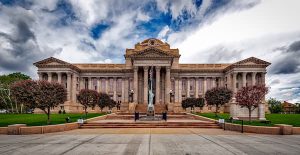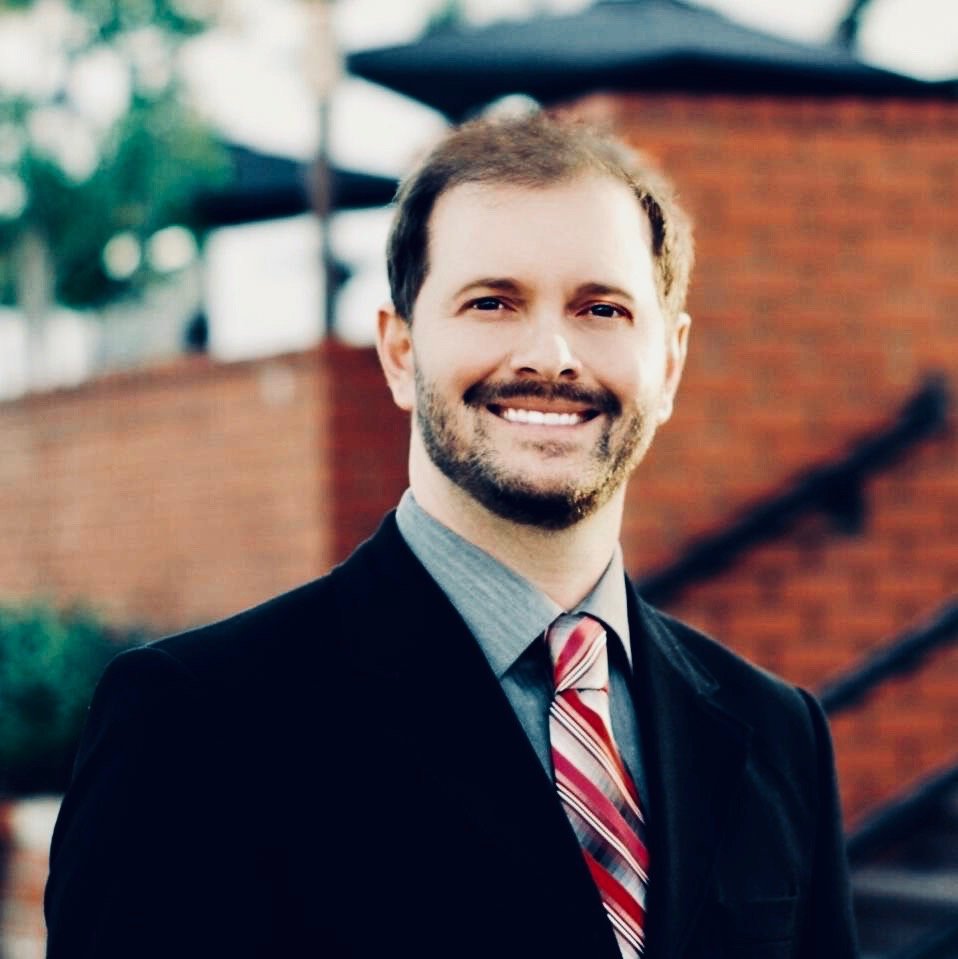
Obtain a California Pardon.
If you have a criminal conviction in the state of California, you may qualify to obtain a Pardon from the Governor of California. A California Governor’s Pardon can restore gun rights, certain civil rights, and more.
What is a California Pardon?
A California Pardon, also known as a California Governor’s Pardon, is a declaration issued by the Governor of California that “pardons” a person who has been rehabilitated for a criminal conviction that occurred in the state of California.
Upon receiving a Pardon from the Governor, a person who had lost certain rights as a result of their criminal conviction, will have those rights restored. These restored rights may include the ability to possess a firearm, obtain a professional license, or serve on a jury, to name just a few. In addition, because a California Governor’s Pardon is full and unconditional, it can also help non-citizens by eliminating certain criminal grounds for deportation or bars to citizenship.
The Governor of California has this power because of Article V, Section 8 of the California Constitution.
What Does it Take to Qualify for a California Pardon?
If you have been convicted of a crime in the state of California, then you may apply for a California Governor’s Pardon. The only limitations placed upon the Governor’s ability to Pardon are that the Governor of California cannot grant a Pardon for the following:
- A crime committed outside of California,
- A federal crime, or
- An individual who has more than two felonies without the majority of the California Supreme Court first recommending a grant of clemency.
Given, then, that this is such a serious form of relief, a person pursuing a California Pardon will want to first exhaust all other eligible forms of post-conviction relief, such as an expungement (i.e., a dismissal pursuant to CA PC §1203.4), a felony reduction to a misdemeanor, and more before submitting a California Pardon application.
In order to obtain a California Pardon, an applicant will need to demonstrate that they have rehabilitated since the offense occurred. “Rehabilitation” entails demonstrating that the applicant has lived an honest and upright life, obeyed the law, and exhibited good moral character (California Penal Code § 4852.05). A strong Pardon application should be supported with character reference letters from upstanding members of the community such as employers, civil servants such as police officers or firemen, community leaders, University Deans or professors, and others. The letters should clearly state why the applicant deserves a Pardon.
Finally, for California Pardon applicants facing possible deportation, the application should explain how the California Pardon will help alleviate the threat of deportation. Documents showing rehabilitation and community ties – like employment records, prison records, academic transcripts, photographs, and family records – should also be included with the California Pardon application.
How do I apply for a California Pardon?
There are two ways to apply for a California Pardon: a California Certificate of Rehabilitation or as a Direct Pardon. In both cases, the applicant must notify the district attorney in the county of a conviction for which a California Pardon application has been submitted.
- California Pardon Application by California Certificate of Rehabilitation: one way to apply for a California Pardon is to first petition the Court for a California Certificate of Rehabilitation from the superior court in the county where the applicant lives. Once a court grants a petition for a Certificate of Rehabilitation, the court is required to send the order to the Governor’s Office, where it becomes an automatic application for a California Pardon. The applicant does not need to take any further action unless contacted by the Governor’s Office or the Board of Parole Hearings. Since part of the requirement for a California Certificate of Rehabilitation is that the applicant reside continuously in the state of California for a minimum of five years prior to applying, this way of applying is often recommended for those currently living in California.
To learn if you meet the requirements for a California Certificate of Rehabilitation, see our California Certificate of Rehabiliation service page on our Lifeback Legal website or contact our law firm today at (949) 471-0136 to speak with a California Certificate of Rehabilitation attorney today.

See if you qualify for a California Pardon.
If you have rehabilitated since your criminal past, you may qualify to receive a Pardon from California’s Governor.
- California Pardon Application by Direct Request to the Governor: the second path to apply for a California Pardon is to submit an application directly to the Governor’s Office. Again, though, since Pardon applications are such a serious form of relief, our office strongly recommends having your case record first reviewed by an experienced and licensed California Pardon attorney prior to submitting your California Pardon application in order to see what other forms of post conviction relief you may qualify for. Begin the California Pardon application process online today at our Lifeback Legal website by signing up for this case analysis or contact our office now at (949) 471-1036 to speak with an experienced California Pardon attorney.
Please note: if you have already submitted a California Pardon application, either by a direct application or by a California Certificate of Rehabilitation prior to Governor Newsom coming into office on January 7, 2019, and you did not receive notice of a California Pardon grant, Governor Newsom’s office is deeming your application closed. If, therefore, you submitted a California Pardon application in the last three years and would like Governor Newsom to re-open and re-consider it, you must re-apply for a California Pardon by submitting a Reapplication for Clemency form. Do not re-submit your original application or other documents unless requested to do so by the Governor’s Office or the Board of Parole Hearings
Finally, if you have more than two felonies from two or more criminal prosecutions, you must apply directly to the Governor for a California Pardon and the Governor must first obtain the approval of a majority of the California Supreme Court. This is also why it is important to first have your case record reviewed by an experience and licensed California Pardon attorney since in some cases your felony convictions may be eligible for a reduction to a misdemeanor, thus, bypassing this rule and saving you in unnecessary costs and delays. Contact our office today to speak with a California Pardon attorney or begin your California Pardon case analysis online at our Lifeback Legal website.
Benefits of obtaining a California Pardon
There are numerous benefits to obtain a California Pardon.
If a person receives a full and unconditional Pardon by the Governor, the California Pardon will entitle the person to exercise all their civil and political rights, including, but not limited to: (1) the right to vote; (2) the right to own, possess, and keep any type of firearm that may lawfully be owned and possessed by other citizens unless, of course, if the person was convicted of a felony involving the use of a dangerous weapon.
Finally, the Immigration and Nationality Act (INA) makes clear that a California Pardon may alleviate a noncitizen’s risk of removal by removing certain conviction-based grounds for removal. A California Pardon may allow non-citizens to reopen an old removal case, to terminate a pending removal case, to become eligible for certain types of relief from removal, and to become eligible to naturalize. Under Section 237(a)(2)(A)(i-iv) of the INA, a full and unconditional California Pardon expressly waives deportability for four categories of offenses:
- Crimes involving moral turpitude (“CIMTs”);
- Two or more CIMTs not arising out of the same scheme of misconduct;
- Aggravated felonies; and
- High-speed flight from an immigration checkpoint.
People, therefore, with any of these four categories of convictions may be most helped by a California Pardon, as a California Pardon for these offenses can completely eliminate the grounds for deportation and remove the bar to citizenship.
For non-citizens with convictions outside these four categories, a California Pardon can still be beneficial. In these cases, a California Pardon may prevent mandatory deportation and make someone eligible for discretionary relief from an immigration judge. If your conviction is outside the above four categories, we recommend speaking with an experienced immigration attorney regarding how a California Pardon would impact your case before getting started.
Shea M. Randall
Attorney
How Do I Begin My California Pardon Application?
We are experienced California Pardon attorneys who help gather and prepare you a strong California Pardon application to ensure that your California Pardon application has the strongest probability of success.
Since the California Pardon application process can be long and challenging, you do not want to feel like a number. This is why when you contact our office you will be in direct contact with our attorneys. Our law office provides outstanding one-on-one communication with clients to ensure all of your legal needs are met and will be in close contact throughout the California Pardon application process.
We also charge a flat fee for the preparation and filing of the California Pardon application. However, since it is impossible to predict when the California Pardon application process will be completed, our representation concludes once the California Pardon application is successfully submitted. We offer interest-free payment plans and will continue working on your application as long your account remains in good standing.
Begin the California Pardon application process online today or contact our office now at (949) 471-0136 to speak with an experienced California Pardon lawyer.
REQUEST A FREE CONSULTATION
Fill out the form below to recieve a free and confidential intial consultation.
By clicking ‘submit’ you understand that this does not create an Attorney-Client relationship. While we do our best to respond to you quickly, we are under no obligation to take your case or provide any sort of response. We do not sell or share your information. Providing your basic information simply gives our law firm the opportunity to follow-up and engage in a conversation to best assist you.


